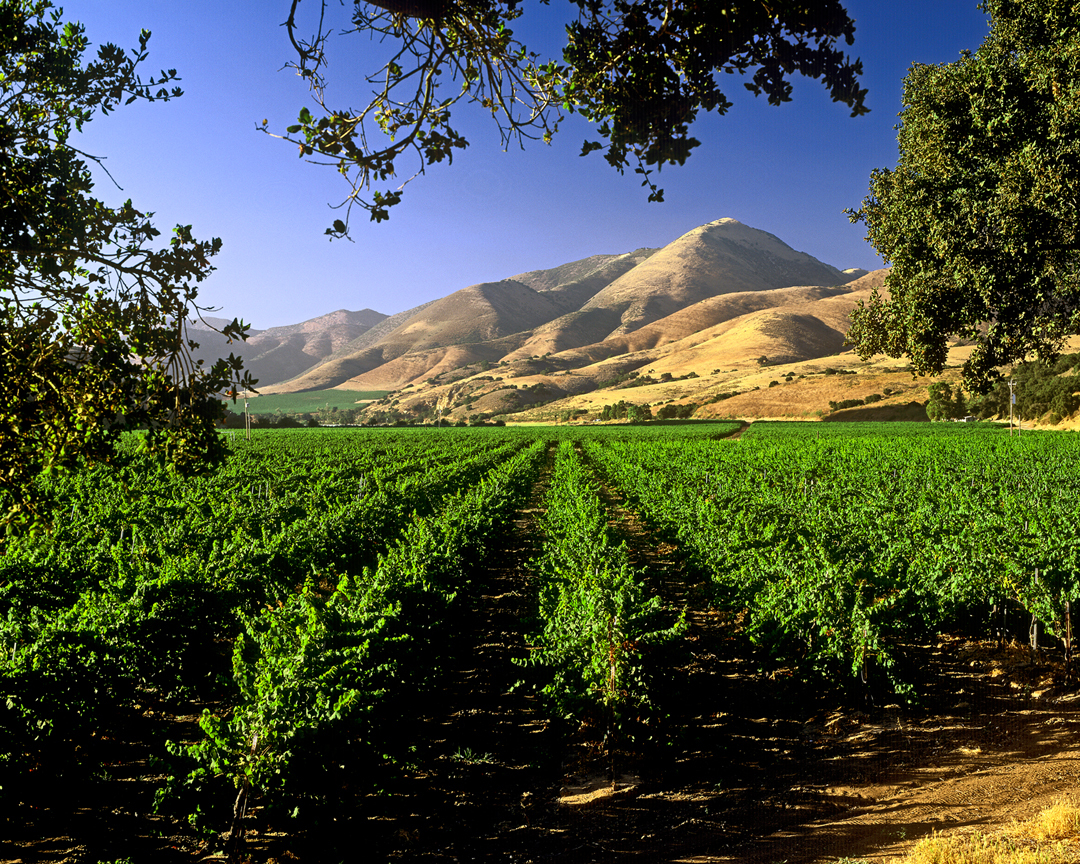
Agriculture has been an integral part of human civilization, shaping societies, economies, and cultures throughout history. From the ancient practices of cultivating crops to the cutting-edge innovations of modern agriculture, this industry has experienced significant moments that have shaped its evolution. In this blog, we will take a nostalgic trip down memory lane and explore ten unforgettable moments in agriculture.
The Neolithic Revolution (10,000 BCE): The Neolithic Revolution marked a turning point in human history as nomadic hunter-gatherers settled down and began cultivating crops such as wheat, barley, and rice. This transition from a nomadic lifestyle to settled farming laid the foundation for agricultural practices we see today.
The Introduction of the Plow (circa 3000 BCE): The invention of the plow revolutionized agriculture by making it easier to till the soil and prepare it for planting. It increased productivity and allowed for larger-scale farming, driving the growth of early civilizations.
The Green Revolution (mid-20th century): The Green Revolution brought about a remarkable transformation in agriculture with the introduction of high-yielding crop varieties, modern agricultural techniques, and increased use of fertilizers and pesticides. It significantly increased global food production and helped alleviate hunger in many developing nations.
Norman Borlaug and the Nobel Peace Prize (1970): Norman Borlaug, an agronomist and father of the Green Revolution, was awarded the Nobel Peace Prize for his contributions to food security and fighting world hunger. His work saved countless lives and emphasized the role of science in sustainable agriculture.
Discovery of DNA’s Structure (1953): The revelation of the DNA’s double-helix structure by James Watson and Francis Crick paved the way for significant advancements in agricultural biotechnology. This breakthrough has led to the development of genetically modified crops, disease-resistant plants, and improved agricultural practices.
The Rise of Precision Agriculture (1990s): The advent of precision agriculture brought technological advancements like GPS-guided tractors, drones, and sensor technology to optimize farm operations. This data-driven approach maximizes crop yields while minimizing inputs, contributing to sustainable and efficient farming.
Organic Farming Movement (20th century): Concerns about the environmental impact of conventional farming practices gave rise to the organic farming movement. This moment in agriculture’s history emphasized sustainable practices, reduced chemical use, and fostered a connection between farmers and consumers who value locally sourced, organic produce.
The Importance of Pollinators (ongoing): The decline of pollinators, especially bees, has raised awareness about the critical role they play in agriculture. This moment prompted efforts to protect pollinators and promote pollinator-friendly farming practices to ensure crop pollination and biodiversity preservation.
Climate Change and Agriculture (ongoing): With climate change affecting weather patterns and increasing extreme events, agriculture faces numerous challenges. Farmers worldwide are adopting climate-resilient practices and sustainable agriculture to mitigate the impact of climate change on food production.
Vertical Farming and Urban Agriculture (21st century): As urbanization continues to rise, the concept of vertical farming and urban agriculture has gained popularity. This moment represents the fusion of technology, sustainability, and agriculture, bringing food production closer to urban centers and reducing the environmental footprint of food transportation.
Conclusion: Agriculture has come a long way, from its humble beginnings in the Neolithic era to the sophisticated practices of the present day. These ten memorable moments in agriculture’s history highlight the remarkable progress made in feeding the world’s population, promoting sustainability, and adapting to the challenges of the future. As we move forward, it is essential to celebrate these milestones and continue to innovate for a more resilient and food-secure world.









